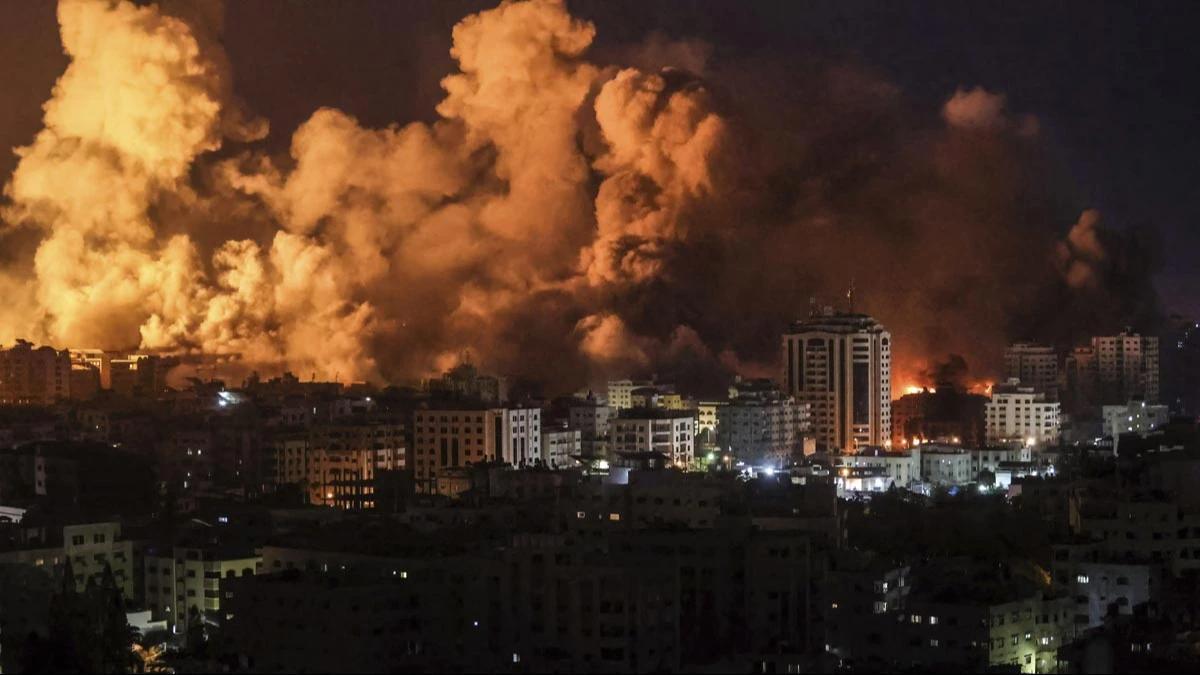Africa-Press – Ghana. The year 2025 has once again reminded Ghanaians of the destructive power of fire. From the bustling streets of Accra to the crowded markets of Kumasi, the Ghana National Fire Service (GNFS) recorded 3,595 fire incidents from January to June 2025, a slight increase from 3,576 in the same period last year.
Firefighters salvaged over GHS 203 million worth of property, yet countless traders and families still watched their livelihoods reduced to ashes.
Ghana has faced a steady rise in fire outbreaks over the past decade, with incidents climbing from around 4,500 in 2015 to over 6,400 in 2024, and now 3,595 cases already recorded in the first half of 2025. Property losses have ballooned from under GHS 100 million in 2015 to more than GHS 270 million in 2024, underscoring the urgency for reforms.
Deaths and Injuries from fire outbreaks
In the first half of 2025, Ghana recorded 16 deaths and 110 injuries from fire outbreaks, a sharp rise compared to 12 deaths and 30 injuries in the same period of 2024. This represents a 33 per cent increase in deaths and nearly a tripling of injuries compared to the same period in 2024.
Between 2015 and 2024, annual fire-related deaths typically ranged between 30–60, with injuries often exceeding 200 per year, though exact figures varied by region and reporting year. A tragic example was the Akyempim fire in November 2025, where a family of seven perished. The upward trend reflects Ghana’s rapid urbanization, unsafe electrical wiring, and poor adherence to fire safety regulations.
Hotspots of Fire Outbreaks
Markets like Makola, Kejetia, and Agbogbloshie have repeatedly gone up in flames, leaving behind blackened ruins and broken dreams. The scenes are painfully familiar. Makola Market is often engulfed in smoke, traders screaming as flames devour stalls stacked with fabrics and provisions; Agbogbloshie residents fleeing with buckets of water, powerless against the inferno; Tema’s industrial enclave losing warehouses filled with imported goods. Each outbreak leaves behind charred wood, twisted metal, and the acrid smell of loss.
For traders, the devastation is personal. “I lost everything—my fabrics, my savings, my future,” Efua Manu, a Makola Market trader lamented, with her voice breaking as she sifted through the ashes of her stall. These fires are not just statistics; they are the erasure of decades of toil. Behind every fire statistic is a human story. Amina Seidu, a young mother in Nima recalls how she escaped with her children but lost her tailoring shop. Kofi Bediako, a warehouse owner in Tema, recounts debts after imported goods worth thousands of dollars went up in smoke. These voices echoed a national plea: prevention is cheaper than rebuilding.
Ghana’s fire outbreaks in 2025 are not merely accidents—they are symptoms of urban disorder, weak enforcement, and public negligence.
The Greater Accra Regional Fire Commander, ACFO II Rashid Kwame Nsawu, in a media interview, sounded a sharp warning.
He noted that kiosks and makeshift structures built directly on fire hydrants are obstructing firefighting efforts.
“We cannot fight fire without water, and yet our hydrants are blocked by the very people we are trying to protect,” Commander Nsawu pointed out.
He said legislative gaps exist and called for reform, saying; “Ghana’s fire safety laws, some dating back decades, are struggling to keep pace with rapid urbanization.
He argued that the legislation must be reviewed to criminalise obstruction of hydrants, enforce fire audits in markets and ensuring mandatory fire insurance for traders.
He observes that without stronger laws and enforcement regime, the cycle of destruction will continue.
The GNFS reports that while millions of cedis worth of property were salvaged, losses remain staggering. Families are displaced, businesses collapsed, and national productivity suffers. The economic toll extends beyond the immediate victims, rippling through supply chains and local economies.
Fire Safety Experts Advice
ACFO II Nsawu has consistently and strongly cautioned that fire outbreaks will persist unless markets are stop being used as homes, with traders cooking, sleeping, and storing flammable materials in stalls. His recommendations focus on stricter regulation, public education, and keeping hydrants accessible.
Over the years, fire safety experts recommend urban planning reforms by relocating kiosks and enforcing zoning laws to keep hydrants accessible. They proposed community fire brigades to train local volunteers to act as first responders.
There is also the need for technology adoption by installing early-warning smoke detectors in markets and public spaces. There is an urgent need for public awareness campaigns on safe electrical wiring and cooking practices as well. Countries like Singapore and Japan have drastically reduced fire outbreaks through strict building codes, regular fire drills, and community preparedness programmes. Ghana can adapt these models by integrating fire safety into school curricula and mandating drills in markets.
ACFO II Nsawu’s warning about kiosks blocking hydrants is a vivid metaphor for the country’s fire crisis: life-saving resources exist, but they are obstructed by short-term convenience and systemic neglect.
Unless Ghana strengthens legislation, invests in prevention, and learns from global best practices, the flames will keep returning, consuming not just property but hope itself.
Source: Ghana News Agency
For More News And Analysis About Ghana Follow Africa-Press







